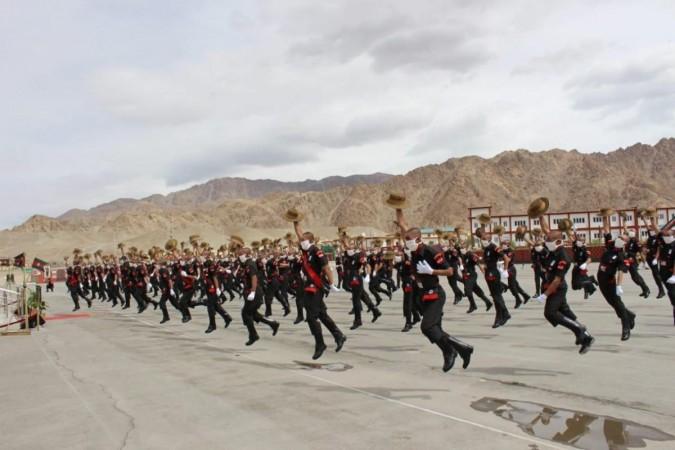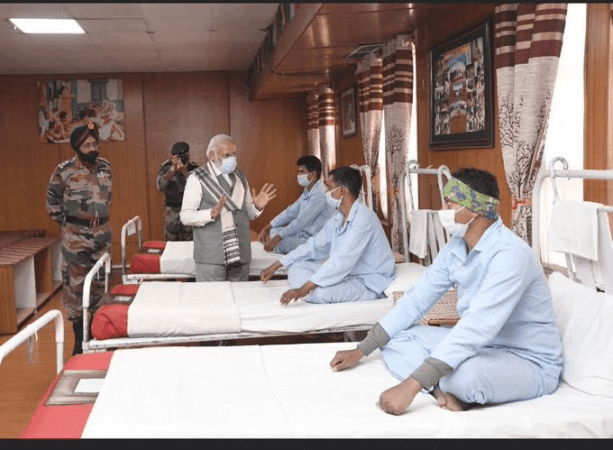
Life of soldiers is tough and it becomes tougher with the treacherous and unforgiving conditions of their service station, especially in a region like Line of Actual Control (LAC). Soldiers serving in such harsh terrain have made supreme sacrifice in defending the sovereignty of the nation. But the policy gaps and narrow interpretation of the government along the LAC have denied their dues for a long time now.
Different treatment for men serving at LoC and LAC
The Army orders that deals with death due to climatic conditions and natural illnesses recognise casualties on the Line of Control (LoC) as 'battle casualties' for 'liberalized pension'. In contrast, the same dues are denied to the personnel who died due to similar reasons and are posted along the Line of Actual Control overseeing China.
In 2018, the Ministry of Defence (MoD) issued a letter in this regard and recognised deaths due to avalanches, floods, landslides on LAC prospectively for 'liberalized' benefits. But other illnesses that are directly linked due to extreme weather conditions such as arrest, hemorrhage, or hypothermia are not considered eligible for liberalized benefits. It is to be noted that these illnesses are eligible for liberalized benefits in areas around Siachen Glacier.
In its ruling in 2017, the Kolkata bench of Armed Forces Tribunal (AFTs) has said that the Central government cannot discriminate between the casualties at the two de facto borders with China and Pakistan and the international border. The bench also highlighted the disparity in the pensionary benefits for the personnel serving at LoC and LAC.

There have multiple cases lodged by the next of kins of deceased soldiers along the LAC. Many of these soldiers' cases were considered for a liberalized pension thanks to the direct intervention by Defence Minister Nirmala Sitharaman. The Army HQ has raised this issue of a uniform treatment to all deceased soldiers due to illness but there has not been a permanent resolution. Although Army HQ has shown a positive stance, the Army's regimental record offices have continued to oppose these claims in AFTs.









